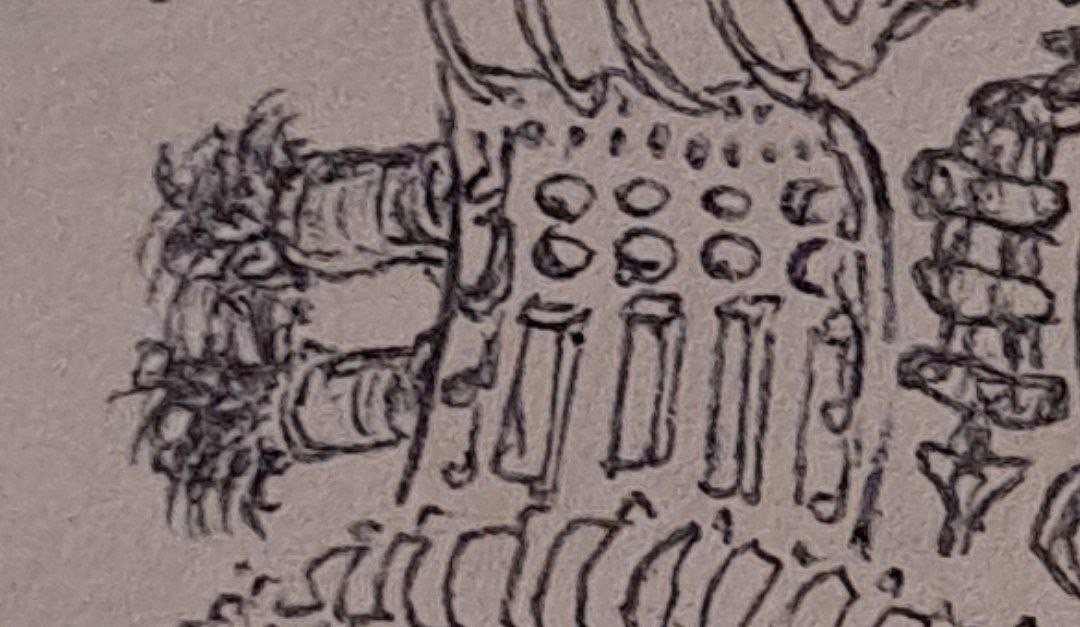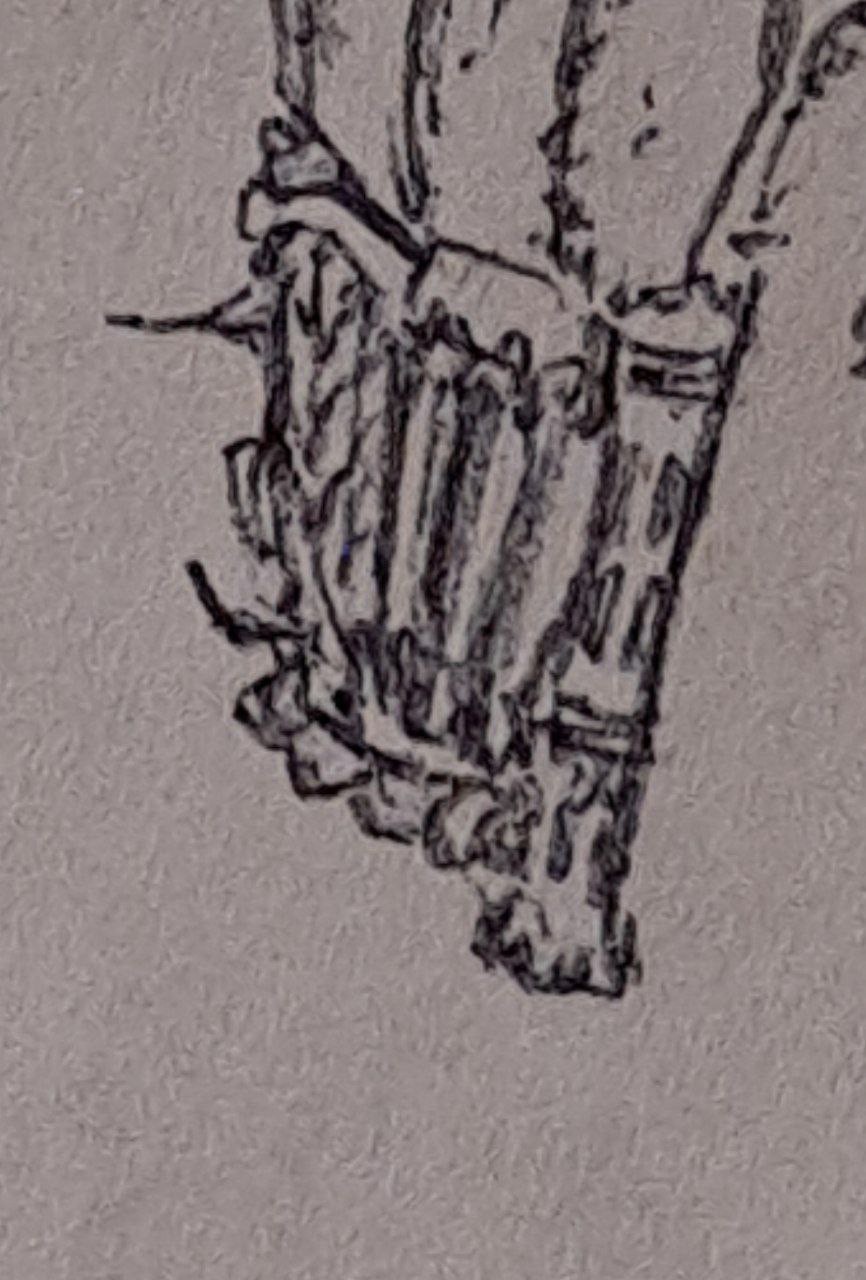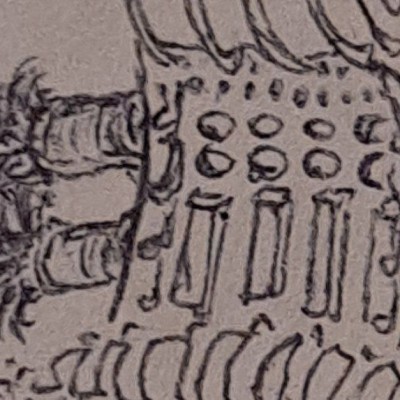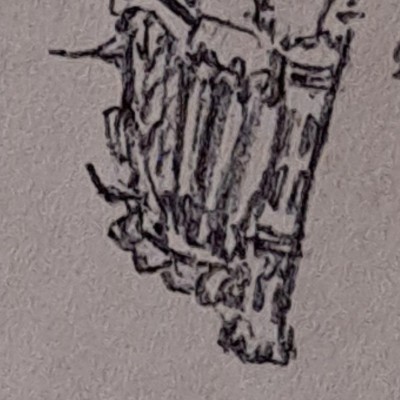Watch
Events
Articles
Market
More
i've noticed there are hat people here.
i'd like to float an idea that's been in my head a while now.
i wear hat, all the time, got a hat for an occasion i do.
and i want to be reminded, all the time, so i'd like a tzitzit on each periphery of my vision, one on the right, and one on the left.
(would even help keeping flies away...)
they would be small, it's inches from my eyeballs, and there's quite a bit of design i'd like worked into it, for swapping hat to hat, sizewise etc, the idea is it would sort of fit around the rim and then hang over the brim.
i'd like to brainstorm on it with a maker, but what i'd also like is a sort of response from others.
is this an attractive idea? hit like.
admittedly we're a small group, but it would give an indication if this is something worth pursuing or not (for a maker, that is).



Thought for Today: Tuesday May 20
Remember, it is never too late to honestly face your sins and turn to Yeshua in repentance and faith. YHVH love each one of us, and yet we hurt Him deeply when we turn our backs on Him. He loves us despite of our sins, and He is always ready to forgive us. His forgiveness is not something we deserve; it is a gift to us through His Grace. Make a decision today to accept Moshiach as Master -- do not let another day go by without our Moshiach. Does not matter what the future holds, you will never be alone when Yeshua lives in and through you.



Created OOMs 👉
an old photograph of a host of seraphic beasts peering through broken blinds at an empty street full of cameras, in the style of Zdzislaw Beksinski
{prompt for AI generated found OOM}
#dailycreatedoom




Created OOMs 👉
an old photograph of a host of seraphic beasts peering through broken blinds at an empty street full of cameras, in the style of Zdzislaw Beksinski
{prompt for AI generated found OOM}
#dailycreatedoom




Created OOMs 👉
an old photograph of a host of seraphic beasts peering through broken blinds at an empty street full of cameras, in the style of Zdzislaw Beksinski
{prompt for AI generated found OOM}
#dailycreatedoom





Found OOMs ✔️
Some strange fungus spore cups, 'Disconnected From the Self' by Sarah, and an AI generation for "an old photograph of a host of seraphic beasts peering through broken blinds at an empty street full of cameras, in the style of Zdzislaw Beksinski"
https://www.reddit.com/r/Art/c....omments/18q8yu9/disc
#dailyoom




Found OOMs ✔️
Some strange fungus spore cups, 'Disconnected From the Self' by Sarah, and an AI generation for "an old photograph of a host of seraphic beasts peering through broken blinds at an empty street full of cameras, in the style of Zdzislaw Beksinski"
https://www.reddit.com/r/Art/c....omments/18q8yu9/disc
#dailyoom




Found OOMs ✔️
Some strange fungus spore cups, 'Disconnected From the Self' by Sarah, and an AI generation for "an old photograph of a host of seraphic beasts peering through broken blinds at an empty street full of cameras, in the style of Zdzislaw Beksinski"
https://www.reddit.com/r/Art/c....omments/18q8yu9/disc
#dailyoom




Rhy Bezuidenhout
Delete Comment
Are you sure that you want to delete this comment ?
Lotte Klunder
Delete Comment
Are you sure that you want to delete this comment ?
Henk Wouters
seeing as quite a few people mainly use smartphones, and so see only small bits of posts at a time, this can be a nice improvement.
combining time for reflection posts with normal speed talking definitely improves communication.
and it's not scary to show yourself, quite the opposite, i think it'll build respect for each other and opinions, we know why we're on this site.
i say go for it rhy, and yeah donate people, this one is going to happen.
btw, rhy, how long would it take to set up?
Delete Comment
Are you sure that you want to delete this comment ?